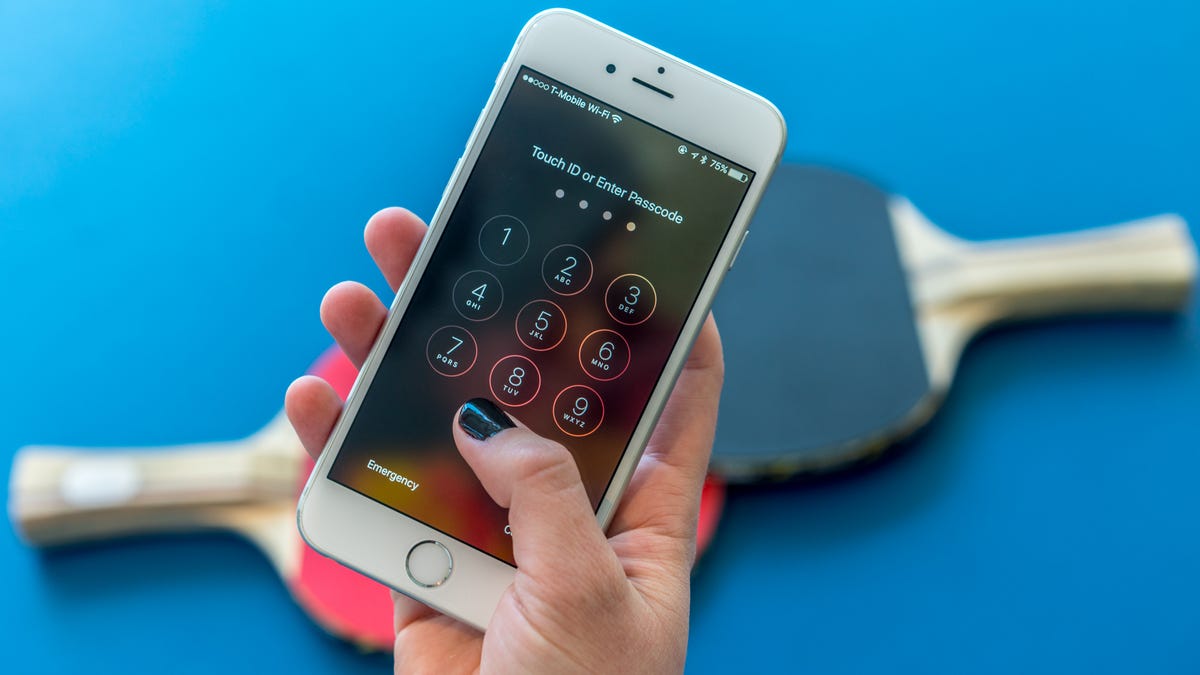US border search of suspicionless travelers' devices is unconstitutional, court finds
ICE and CBP will now need reasonable suspicion to search through phones and laptops.

CBP and ICE will now need reasonable suspicion to seize and search through electronic devices at US borders.
A court ruled Tuesday that the suspicionless search of travelers' electronic devices without a warrant is unconstitutional. Seizing phones , laptops and tablets at border points without reasonable suspicion violates the Fourth Amendment, according to the judgment. The Electronic Frontier Foundation called the ruling "an enormous victory for privacy."
US border agents have had free rein to search through your digital devices, and they conducted more than 33,000 device searches in 2018 and 30,200 searches in 2017. The EFF filed a suit in September 2017 alongside the American Civil Liberties Union against the Department of Homeland Security agencies Customs and Border Protection and Immigration and Customs Enforcement on behalf of 11 people who allegedly had their phones and other devices searched without warrant at a US border.
"The court declares that the CBP and ICE policies for 'basic' and 'advanced' searches, as presently defined, violate the Fourth Amendment to the extent that the policies do not require reasonable suspicion that the devices contain contraband," says the judgment, delivered in the United States District Court of Massachusetts.
With the ruling, reasonable suspicion is now required for both basic and advanced searches of electronic devices.
The ruling extends Fourth Amendment privacy protection to "millions of international travelers who enter the United States every year," said Esha Bhandari, an attorney for the ACLU's Speech, Privacy and Technology Project. "By putting an end to the government's ability to conduct suspicionless fishing expeditions, the court reaffirms that the border is not a lawless place and that we don't lose our privacy rights when we travel."
Sophia Cope, EFF senior staff attorney, added that international travelers can now cross US borders without fear that the government will "ransack the extraordinarily sensitive information we all carry in our electronic devices."
However, the court stopped short of ordering that the information taken from the digital devices be expunged.
CBP didn't immediately respond to a request for comment.
The ACLU also filed a civil complaint in April 2019, alleging that border control officers had violated an Apple employee's rights as a US citizen by detaining him for an hour and demanding that he unlock his iPhone and Mac. In May, Democrat Sen. Ron Wyden of Oregon and Republican Sen. Rand Paul of Kentucky introduced the Protecting Data at the Border Act, which if passed would also require border agents to obtain a warrant before searching Americans' devices at borders.

